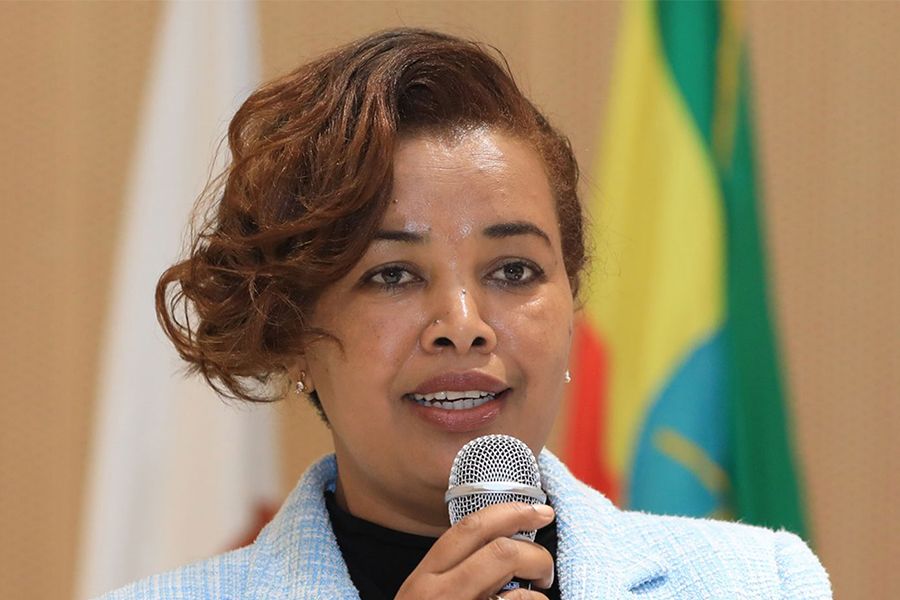
Finance Minister Ahmed Shide appointed Emebet Melese (PhD), who helmed as president of Nib Bank in May this year, to lead the Development Bank of Ethiopia (NBE), effective October 11, 2024. She has delegated Belay Gorfu, a vice president for strategic development to steer Nib Bank. Belay confirmed the role assigned to him on October 4 and the Bank's management yet to appoint an acting president to succeed Emebet. "The appointment is still pending," Belay confirmed to Fortune. Emebet succeeds Yohannes Ayalew (PhD), who stepped down several weeks ago after a four-year tenure. He was credited with steering the state-owned bank away from financial turmoil and restoring its credibility. DBE's turnaround began after the Council of Ministers approved a capital injection of 28.5 billion Br. He moved to run Amhara Bank, leaving behind a bank that reduced its nonperforming loan ratio substantially. Before her brief tenure at Nib Bank, Emebet served as vice president at the state-owned Commercial Bank of Ethiopia (CBE), overseeing strategic planning and transformation. She spearheaded initiatives promoting organisational change. An alumna of Addis Abeba University with a doctorate in business leadership, Emebet focused her dissertation on the role of organisational climate and market orientation in driving innovation within the banking industry. Her academic and professional background may position her to advance sustainable growth and innovation at DBE. Emebet declined to comment on the circumstances of her departure from Nib Bank, where she enjoyed generous compensation packages, and her priorities when running DBE, a state policy bank with a capital base of 39.7 billion Br last year, making it the country's second-largest bank after the CBE.
[ssba-buttons]